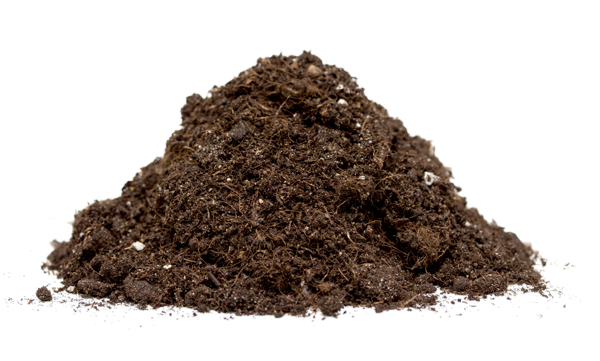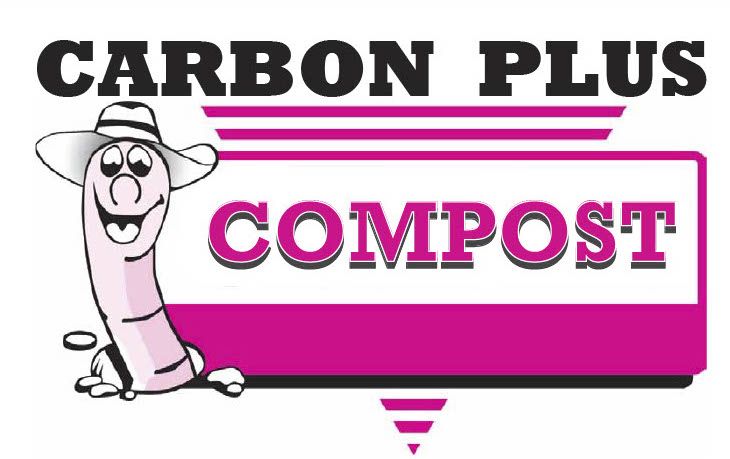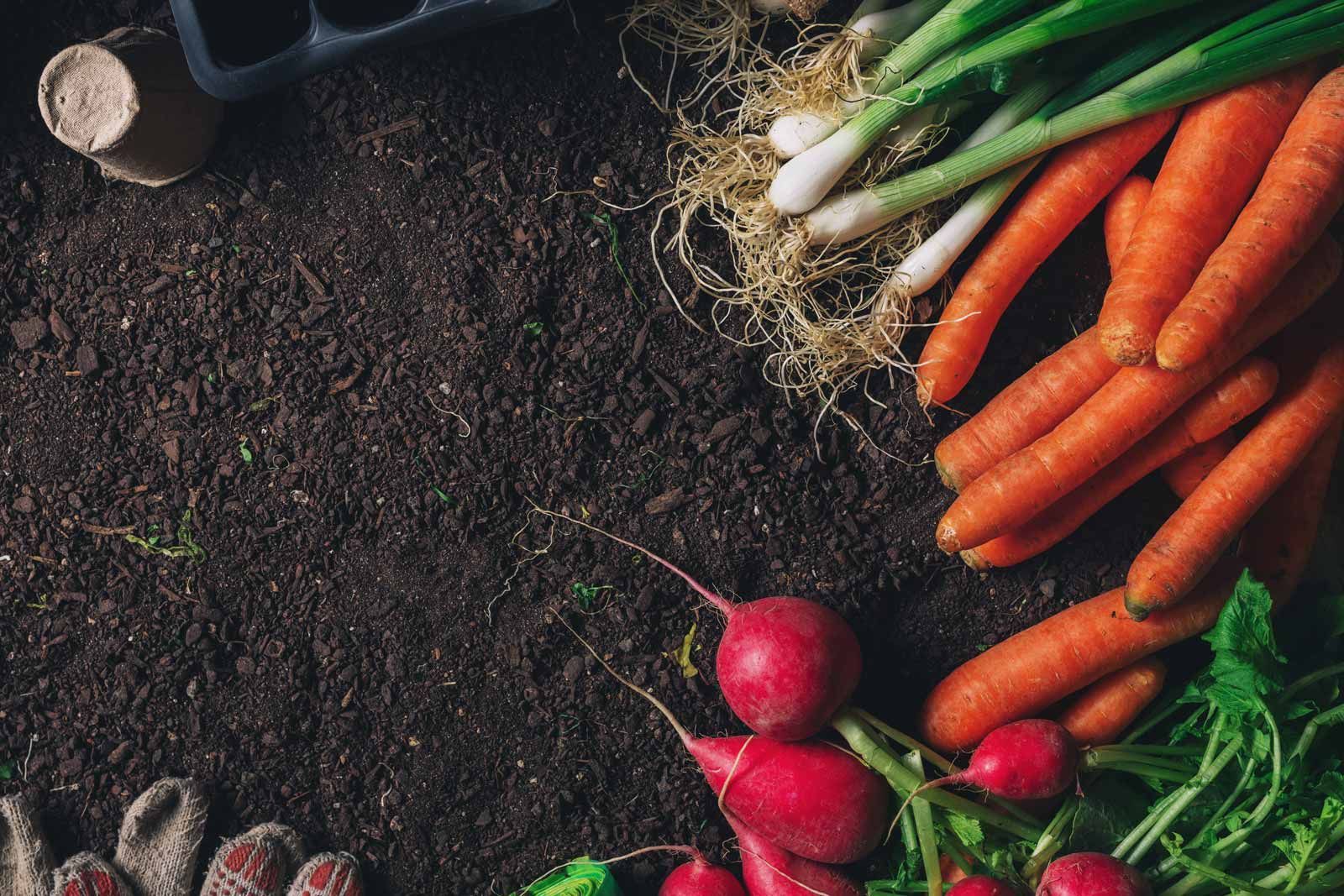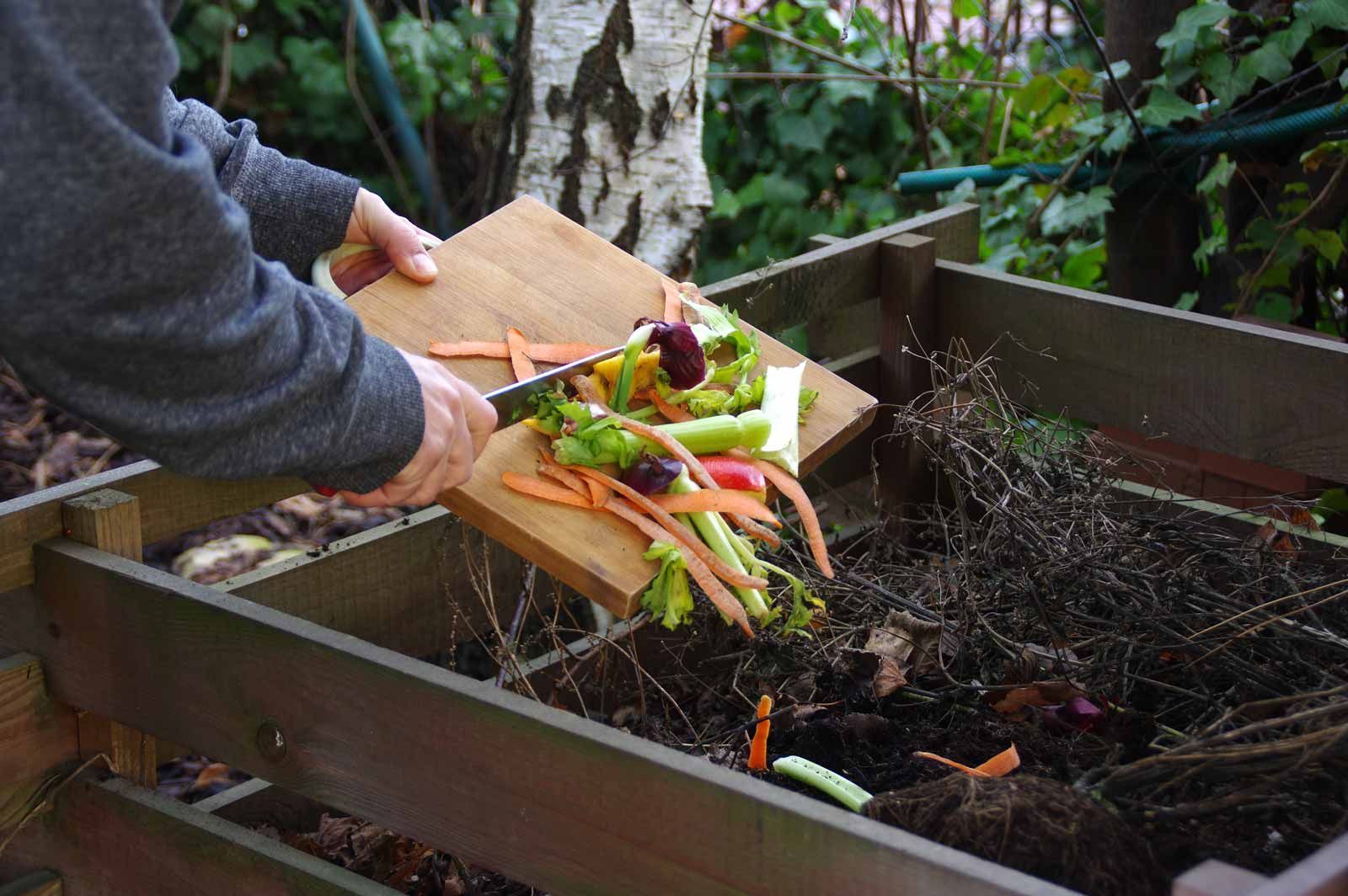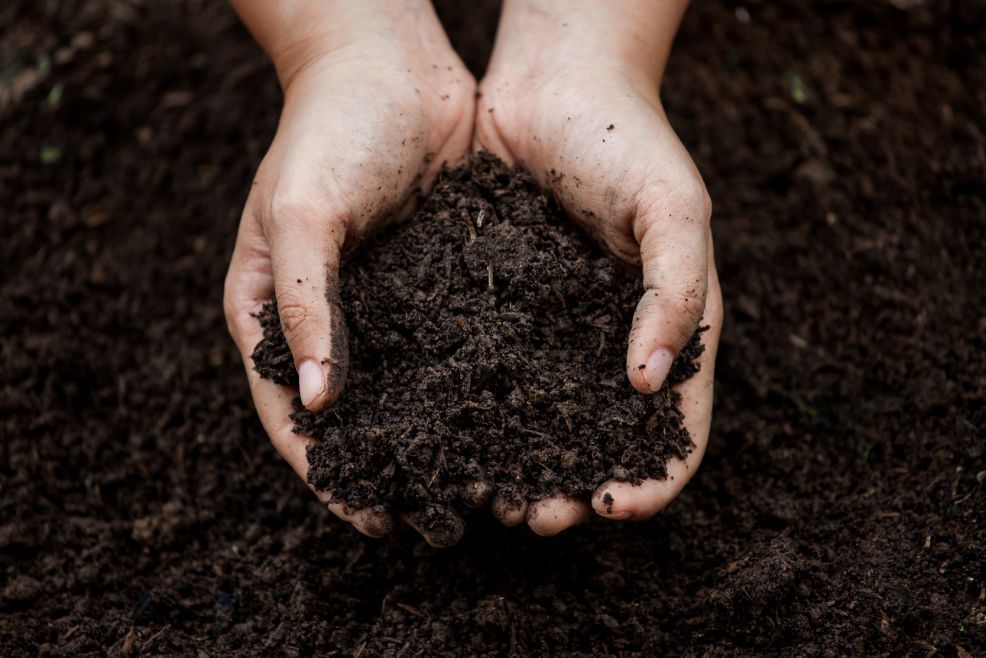5 benefits of compost you need to know about | Carbon Plus Compost

What are the benefits of compost?
If silver shells and cockle bells are getting your garden nowhere, you might want to consider compost. A bit on the nose – quite literally at times - and for many the idea of establishing a composting system firmly resides in the too hard pile.
But at Carbon Plus Compost, we specialise in providing high quality compost for sale, so have effectively done all the hard work for you. But before we launch into a showcase of our wares, let’s circle back to some of the reasons why compost is king.
Don’t get lost when it comes to compost. Carbon Plus can provide organic, custom compost to fit your green requirements.
1. Compost promotes plant growth
It should come as no surprise that the most widely reported benefit of compost is the positive effect it has on plant and crop yields.
Compost provides a sure-fire way of amplifying the overall health and resilience of plants by balancing soil density, increasing nutrients, balancing the soil pH, and minimising various weed types.
2. It adds nutrients to the soil
As just briefly touched upon, another great benefit of compost is the additional nutrients it can provide and is able to retain. Compost generally contains three primary plant nutrients – nitrogen, phosphorus, and potassium.
Large quantities of a good quality compost, like the kind you can acquire from Carbon Plus Compost, can provide enough additional nutrients to remove the need to apply any additional chemical fertilisers to your plants.
3. Compost conserves water
When it comes to soil, water retention is crucial to keeping plants from drying out. Yet another compost benefit is its ability to efficiently hold onto water. Not only will this allow your plants to survive and thrive, but it also reduces the overall amount of irrigation or watering required for plantations and garden beds.
4. It discourages pests and prevents disease
Sounds a bit far-fetched that compost could hold back a tide of unwanted insects. But a plant’s overall tolerance to pests is tied into the nutrient balance of the soil. When it comes to diseases, additional nitrogen levels in the compost, as well as the increased soil temperature that occurs when compost is applied, can create an enhanced repellent effect.
5. Compost - good for you and good for the environment
While the benefits of compost for your plants and vegetation are becoming as clear as the water it can retain, did you know that it can also have a broader environmental impact? By switching to a good quality compost, you can reduce - or better yet eliminate - the need for harsh chemicals and fertilisers.
By switching to a natural compost product, you are ensuring the longevity of your soil and preventing harmful chemicals from spilling out into the surrounding ecosystem.
Your easy access to high quality, organic, and custom compost blends
If you’re now firmly feeling the benefits one can receive from being a part of “team compost” let us help you get your garden, plantation, or farm up to scratch. For those with plants requiring specialised nutrients, we can create a custom compost blend. If you’d rather an organic mix, we have that covered too. Or, you have no idea what you need but just really want to get in on the compost action, our team can ask a few questions and set you up for success.
Expose your plants to the environmentally friendly benefits of compost by contacting Carbon Plus today.
